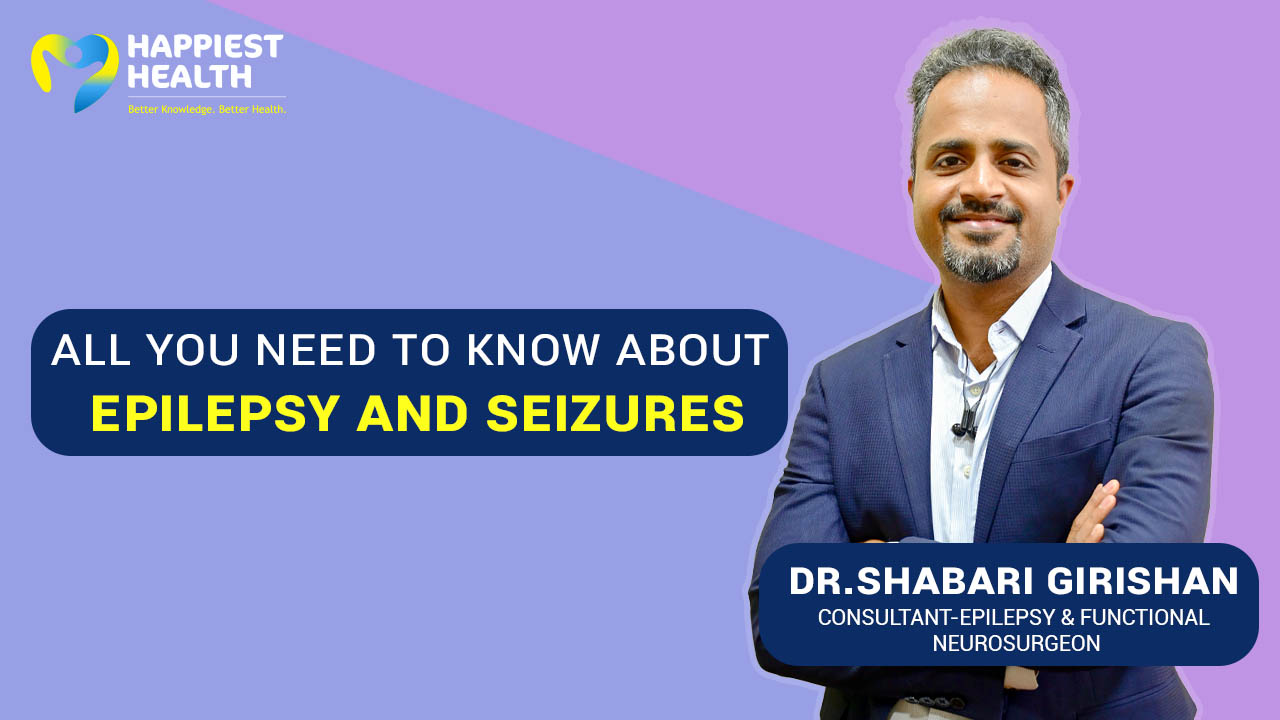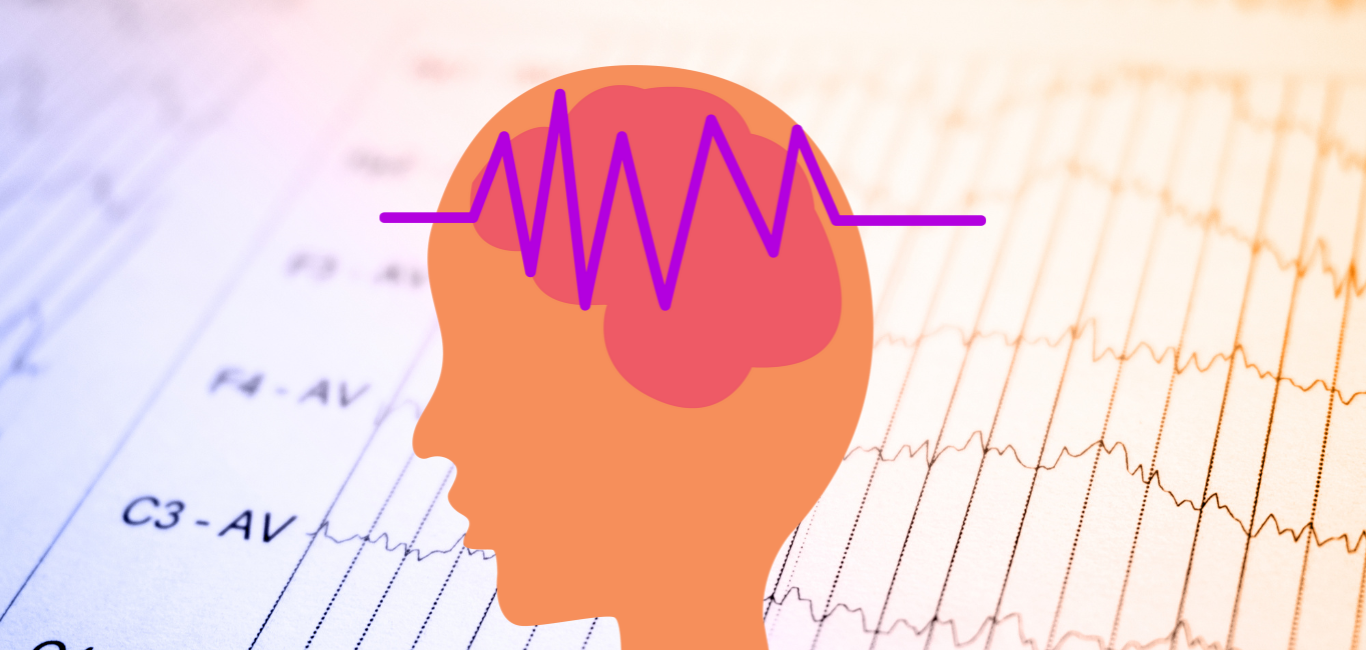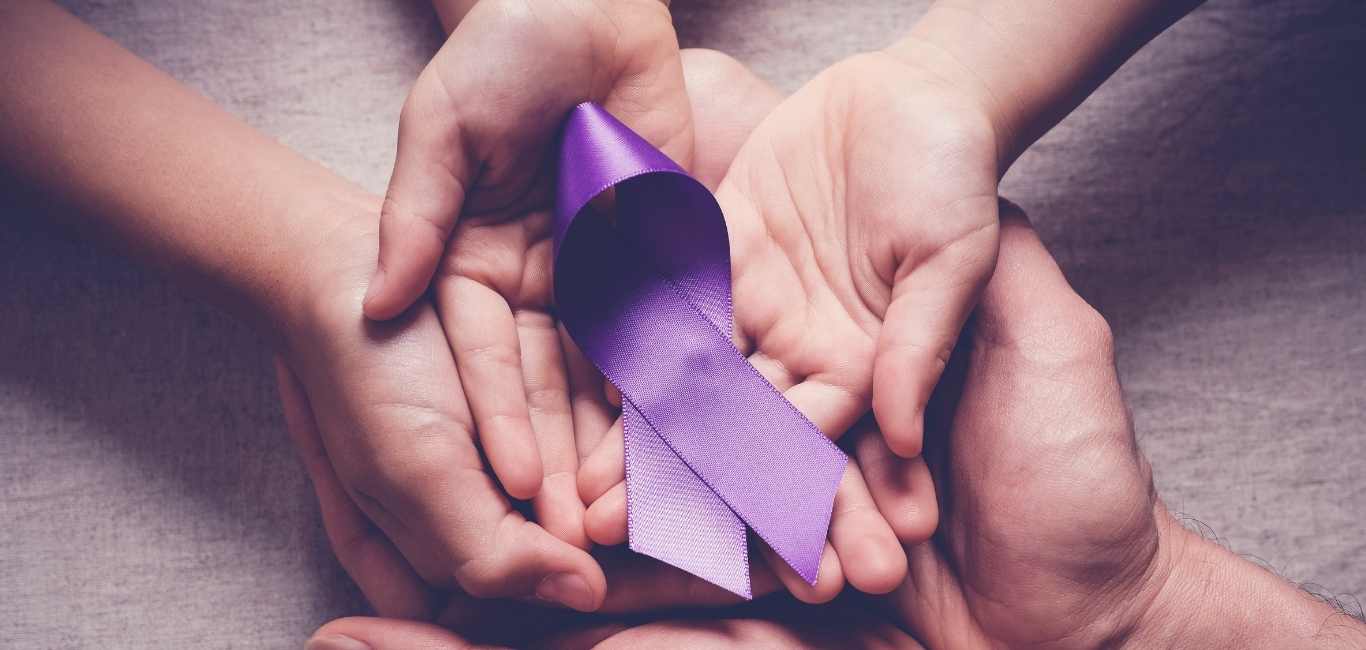
Researchers at Brigham and Women’s Hospital, Boston, have discovered a brain circuit connecting specific areas where brain damage has occurred. The study provides insights into how epilepsy occurs; It also paves the way for developing focused brain stimulation therapies. The study’s findings are published in the US medical journal JAMA Neurology.
Epilepsy is a condition that affects the brain and is characterised by recurrent fits (seizures) due to a temporary disruption in the brain’s electrical activity. The World Health Organization says it affects over 50 million people worldwide. Earlier studies have found damage to brain regions to be one of the causes of epilepsy. However, before this study, the specific reason why some brain damage leads to epilepsy while others do not was not fully understood.
Connecting the dots
To bridge this gap, Dr Frederic Schaper, the current study’s lead author, and his team studied the data of over 1,500 individuals who had brain damage or lesions. The datasets were gathered from medical centres in the United States and Europe and included various types of brain damage caused by stroke, trauma or tumours. The researchers looked for a common network that linked them to epilepsy in different brain regions and lesion types.
Dr Prithika Chary, consultant neurologist, neurosurgeon and epileptologist at Kauvery Hospital, Chennai, explains that in neurology, there was a belief that seizures could occur due to damage in the cerebellum. (Seated in the lower hindbrain, it has a major role in regulating our movement and balance.)
She explains that at present, the understanding goes beyond just individual cells and locations. Instead, the focus is on the larger neural network, which involves connections between multiple regions. This network-based approach lets us understand that conditions like seizures are not caused by a single spot but by the interactions within the interconnected network of the brain. “This study provides evidence supporting a network of interconnected regions as the underlying cause of seizures,” she says.
The study revealed that lesions causing epilepsy are connected to a particular brain network involving the basal ganglia and cerebellum. “Prior work from animal studies and some early experimental work in people with epilepsy in the 1970s suggests that the basal ganglia and cerebellum are important modulators of seizure activity,” Dr Schaper tells Happiest Health.
Previously, it was commonly believed that these networks existed primarily in the cerebral cortex. However, Dr Chary explains that the understanding has evolved and that these networks also encompass the cerebellum and basal ganglia. “There were tentative thoughts regarding this idea, but from this study, the researchers have solidified and established the notion,” she says.
The converse is also true
Expanding on these findings, the researchers studied 30 other people with drug-resistant epilepsy who were undergoing deep brain stimulation (DBS) to treat their seizures. They found that when the DBS site was connected to the brain network identified in the previous lesion study, these individuals experienced significant improvement in their condition.
“The brain network map identified by brain lesions may thus have potential therapeutic relevance for guiding brain stimulation therapies in epilepsy,” Dr Schaper adds.
Dr Chary explains the concept by comparing brain damage to a leaky tap in a bathroom. The initial assumption was that the tap was faulty and was causing the leak. However, it is now understood that the problem may be not only due to the tap but also due to a faulty pipeline. Similarly, the damage could lie in the brain network. Therefore, fixing the external parameter alone will not solve the issue. “Researchers [in this study] tried treating the entire network rather than just addressing the specific damage and found it to be more effective than the previous approaches,” she says.
Towards predictive models
These findings could help doctors predict whether epilepsy could develop after brain damage. “Our study suggests that lesion connectivity is a new potential factor that may be considered in the quest to improve these prognostic models [i.e., those that predict the condition],” adds Dr Schaper.
Dr Chary agrees that these findings could improve the management of epilepsy. “Now that we know a network exists, our focus should also include fixing the network and the lesion [damage],” she says.
Dr Schaper is optimistic about scaling the research. It will involve testing whether the overlap of lesions with the identified brain network map can enhance the prediction of epilepsy development after a brain lesion, he says. Further, he explains that future studies may explore using the brain network map to guide DBS programming, aiming to improve seizure control in people who have not benefited from DBS.
Read more – When miss is a hit: the perils of misdiagnosing epilepsy
If epilepsy is misdiagnosed, it carries several risks for the individual who has developed it
Read more – Epilepsy cannot trap this soaring butterfly
An endearing tale of Preeti Singh who seized her life from the clasp of epilepsy to rewrite her life story.
Read more – Three emerging technologies to manage epilepsy
Emerging tech-enabled medical interventions are providing hopeful solutions that can assist in monitoring and controlling seizures.
Read more – A holistic way to handling epilepsy
An integrated approach to managing epilepsy and the role of the caregiver is essential in ensuring the well-being of epilepsy-affected individuals.

















